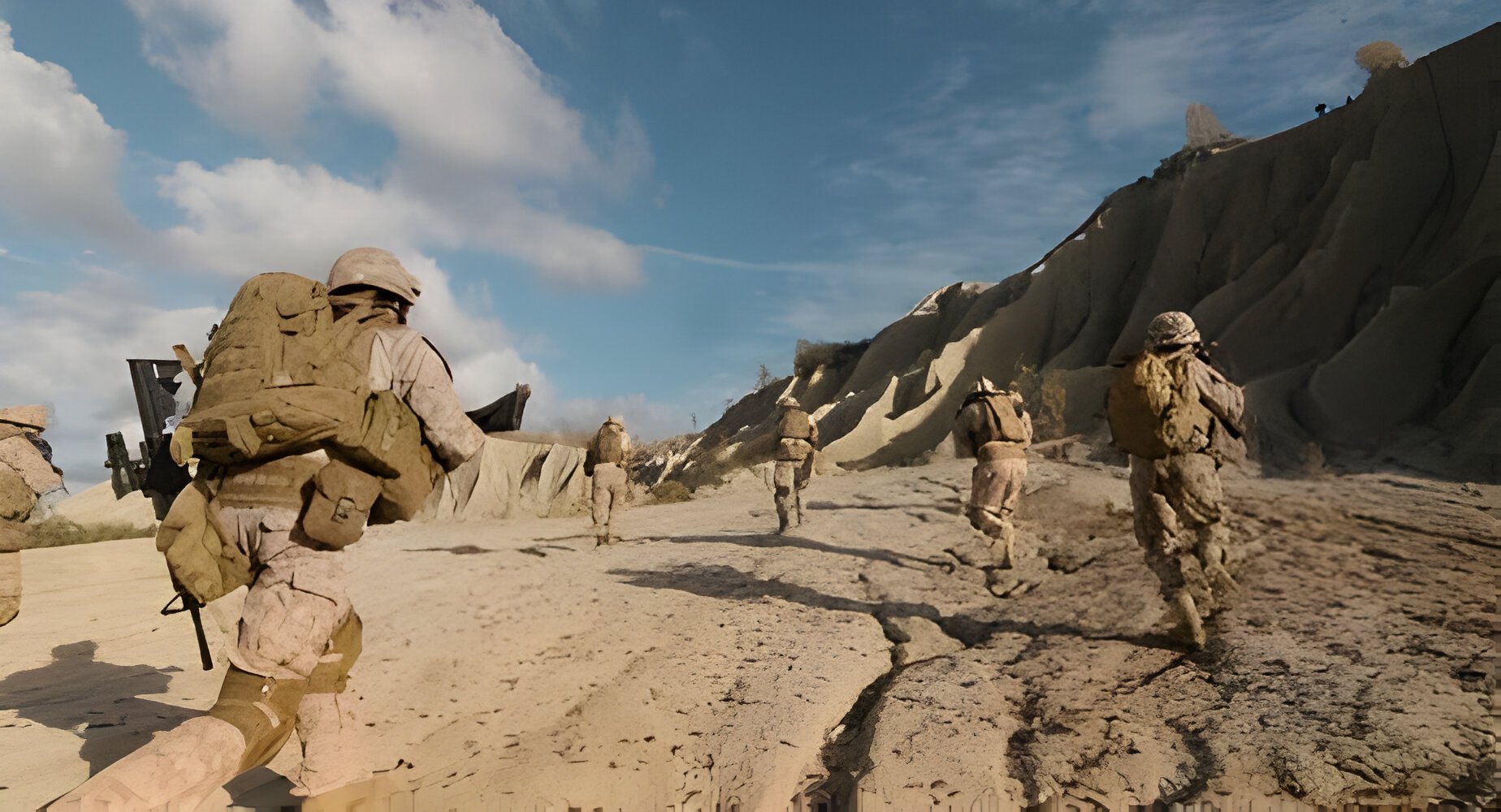Iraq War 2003 2011 Explained
Intro
Iraq War 2003 2011 Explained Why was the war in Iraq fought from 2003 2011 – Given the fact of the proximity of the present time, the Iraq war can be regarded as the drastic and the most debatable military campaign of twenty-first century. Not only the domestic politics of the region were re-established, but instead, the world economy went through a new phase too with an interconnected world.
Forces behind the Iraq War
The invasion of Iraq was justified by an assertion that Saddam Hussein`s brutal regime had tested and subsequently, adjusted to using, weapons of mass destruction. One of other understandings is that these weapons can be using by terrorist organizations, that can create threatening situation all-over the world.
Alleged Links to Terrorism –
The administration of Bush argued that Iraq occupied a central position in international terrorism. It backed terror groups, including Al-Qaeda, and its continued existence could prove a great menace in a post-9/11 security environment. Fearing such a link strengthens the case for military action.
Geopolitical Interests
Not only did Iraq find itself surrounded by Iran which was a nuclear power, but also it was in such a geostrategic position in the Middle East besides its oil deposits that attracted the interests of rival countries. It is worth noting that some see that oil had the priority among the reasons for the war against Iraq.
The Invasion of Iraq
‘Shock and Awe” Campaign
In March 2003, a coalition, under American leadership, launched the so-called “Shock and Awe” military campaign. Its goal was to confound and demoralize the Iraqi government and military almost instantly, by exposing them to killing force.
Demise of Saddam Hussein’s Regime in exchange of Military Action
Over downfall of Saddam Hussein’s regime went much faster than it could be expected. The coalition forces took over Baghdad in just few weeks. Saddam Hussein, sometimes himself, was captured by American troops in December 2003, this finalized his rigid dictatorship.
Coalition Forces’ Involvement
The coalition’s forces included countries of the North Atlantic Treaty Organization, having the USA in the role of a head. The UK, Australia and Poland also add to these representation with their defenders.
Occupation and Insurgency
For starters the formation of a Transitional Government..
After the invasion, attempts were made to create a democratic setup including the electoral scenario where the people would get an opportunity to choose their leaders. Nevertheless the road of reconciliation proved to be a bumpy one featuring fatherly sunderings and political riots.
Rising Resurgence of Militancy and Evident Split Groups
Post the invasion, there was a surge in fomenting insurgency and violent separatist activities rendered by the age old ethnic and religious animosities. Beneath this omiscient void of strong central government, cutthroat groups were fighting a cold war in a desperate bid to fill the power vacuum and establish full control over the country after Kwame.
Humanitarian Crisis
Civilian Casualties and Displacement
The Iraq War citizens had endless loss, many people were killed and millions lost their house because of that disaster. For the first time in history, the face of combat was refashioned by the involvement of men, women, and children as the true victims of the crossfire.
Infrastructure Destruction
The critical infrastructure, like the hospitals and schools, during the war experienced the worst conveyance. The ripple effect hindered reconstruction effort and worsened the domestic issues.
Global Reactions
International Protests and Opposition
The Iraq War, that ensued, made people question the morality of armed conflict, and millions of people went out on the streets the gesture global protest against military intervention. Such individuals believed that the invasion was unfounded and that the premises were deliberately misinterpreted.
Diplomatic Fallout
The unilateral declaration of war initiated by the United States damaged traditions of the alliances and generated an issue about whether the war waas in full accordance with international law. mixed diplomatic views over the non-availability of a definite exit strategy only served to elevate the tensions among the diplomats.
End of the War
Withdrawal of Troops
In December 2011, the last U.S. soldier left Iraq and hence, there is an official end to the war. Though the legacy of the conflict remains to define the politics of the region and the world.
Legacy of the Iraq War
The outcome of the Iraq War was the birth of a deeply divided and unstable country, which is dealing with consecutive violence and political unrest. It similarly raised fundamental questions regarding the efficiency of military intervention and the accountability to protect civilians during conflicts.
Final
To sum up, the 2003-2011 Iraq War was a complicated and multi-faceted conflict with many long-term effects. Though it may be over, its legacy still impacts the region as a reminder of the awful implications of a war.
